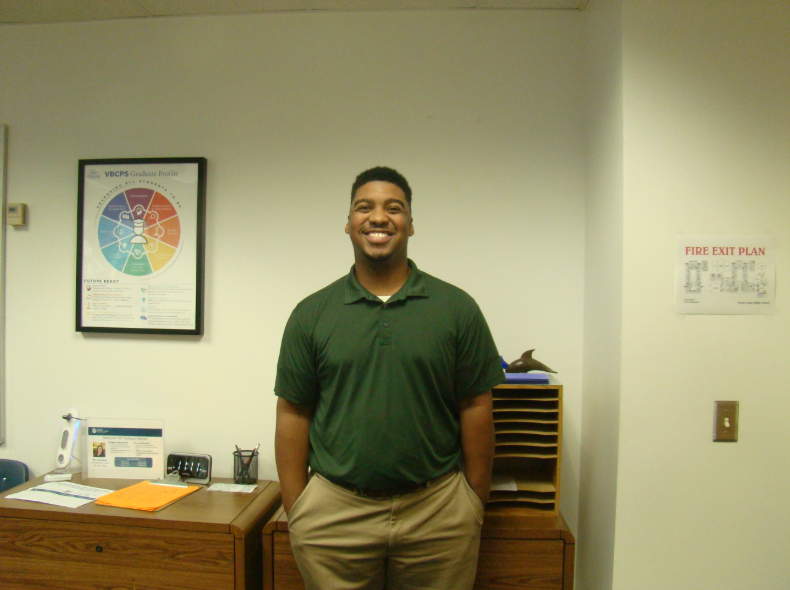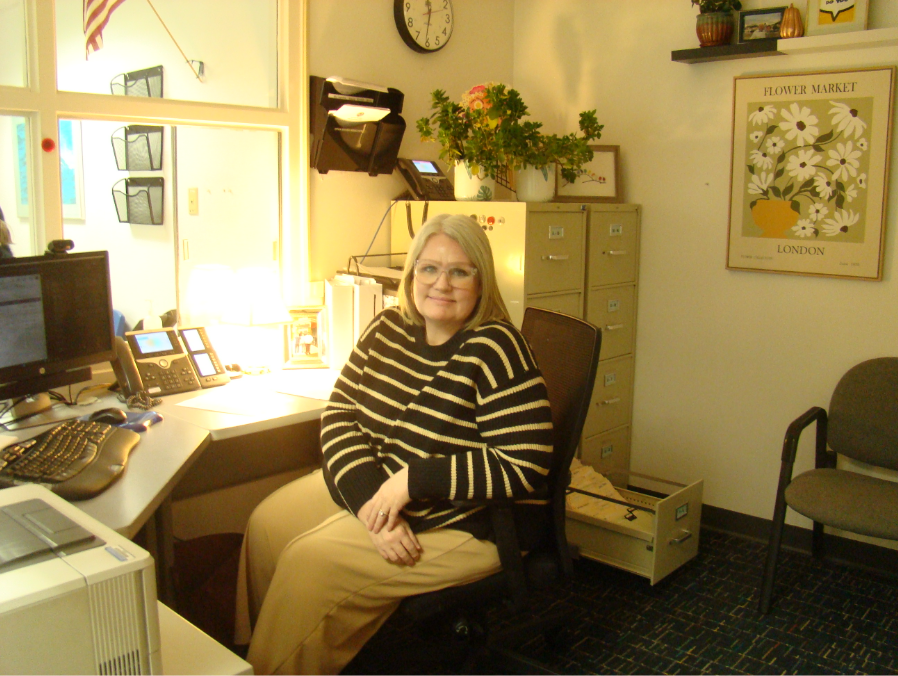Around 5% of all people experience seasonal depression each year.
Seasonal Affective Disorder (SAD) is a classification of depression caused by biochemical imbalances in the brain. This disorder relates to the changing of seasons and happens most commonly in the winter months, according to the Mayo Clinic Staff.
Although it is most prominent around wintertime, Mayo Clinic also says it can last up to 40% of the year.
SAD works almost the same as depression does, although everyone experiences it in different ways.
“I do my favorite activities during summer like going to the beach or going surfing,” said sophomore Brie Gesick, “I have more time to relax and have fun without having to worry about schoolwork.”
The feeling of seasonal depression can take over when there is a reduction of serotonin in the body and an increase in melatonin. Less sunlight and shorter days also contribute to this disorder.
“I heard about SAD through one of my friends,” said freshman Ysa Shelton. “It’s like summer depression when you can’t hang out with all of your friends. You don’t have a daily schedule. With winter, it’s so dark. I get tired. I just can’t.”
SAD Symptoms are often very similar to those of depression; such as low energy, difficulty concentrating, over or undereating or losing interest in once enjoyable activities. To truly classify symptoms as seasonal depression, they must be experienced from four to seven days.
“For most people, we can’t get outside as much. The fresh air, the fun things we can do outside, it’s not as sunny the sun gives us vitamin D,” said psychology teacher Mark Moore.
There are different ways to treat SAD, including light therapy, participating in exciting activities and following an organized schedule throughout the season. Mental health professionals are trained to deal with this disorder.
During the wintertime, it is crucial to pay closer attention to family and friends. Noticing a negative difference in their personality or behavior can be a sign of seasonal depression.
“There might be a genetic predisposition to having those feelings. If you have parents or grandparents that show those traits, that might be a possibility,” said Moore.
Although no precise way to prevent SAD has been found, taking steps early on before seasonal depression hits can lessen symptoms. Starting to practice the new habits before the days get shorter can help prepare for the months of seasonal depression.
“Spending time with my family and friends always keeps me in a good mood,” said Brie. “Definitely taking a break from stressful activities and unwinding helps a lot, too.”












